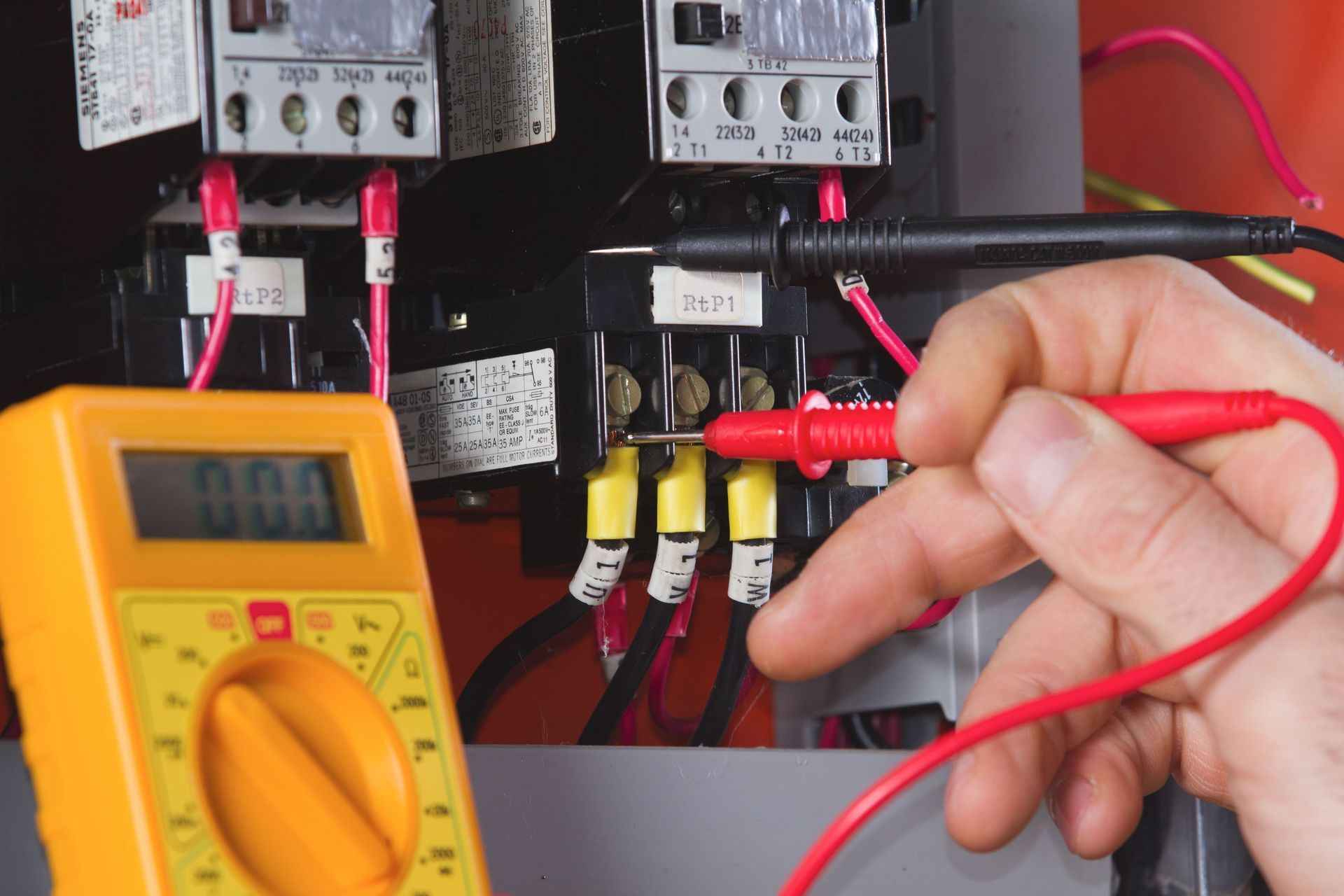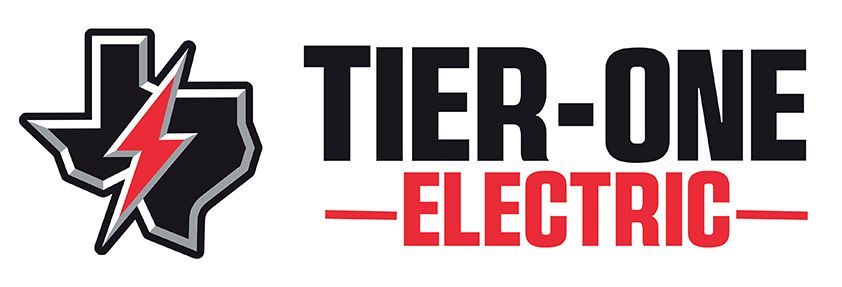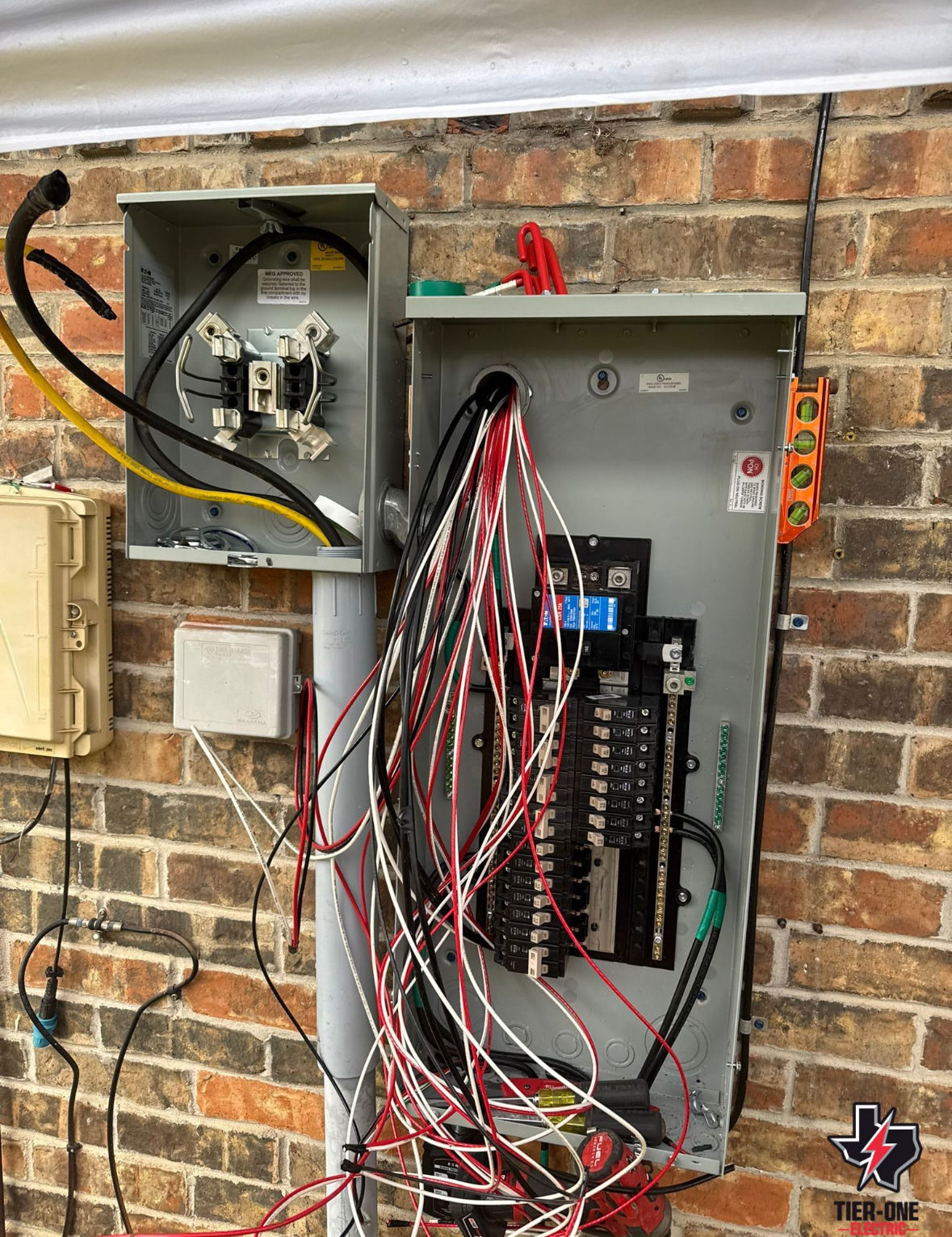July 9, 2025
The world of electrical contracting is complex and essential. As technology advances, the need for skilled professionals to manage electrical systems grows in both residential and commercial sectors. Understanding the differences between residential and commercial electrical contractors is crucial for anyone involved in construction or building management. These distinctions affect everything from project planning to cost management. In this article, we will explore the varied roles, responsibilities, and capabilities of these two types of contractors.
1. Definition and Role
Electrical contractors are licensed professionals in the electrical industry. Their primary role is to design, install, and maintain electrical systems in various settings. They work on projects ranging from small residential installations to large commercial developments. Whether for new constructions or retrofits, they ensure electrical systems are up to standard and function efficiently. The safety and reliability of these systems are paramount. The necessity for contractors spans multiple sectors. These professionals handle everything from wiring new homes to updating outdated electrical systems in commercial buildings. They must adhere to stringent safety codes and regulations, often acting as the linchpin for a project’s overall safety. Their expertise is invaluable, ensuring that electrical infrastructures support modern technological demands, including the rising use of energy storage systems.
Electrical contractors are critical in integrating these advancements seamlessly into existing frameworks. With growing attention toward renewable energy and storage solutions, contractors play a pivotal role. Their responsibilities extend to implementing sustainable electrical systems in accordance with energy efficiency standards. According to Energy-storage.news, energy storage installations surpassed 12 GW in 2024, highlighting a significant trend that contractors must adapt to. This evolution influences their workload and demands continuous adaptation and learning. Staying informed and skilled in the latest technologies is a vital aspect of their job.
2. Types of Electrical Contractors
These contractors are typically categorized into three main types: residential, commercial, and industrial. Residential contractors focus mainly on homes and residential areas, dealing with household wiring and electrical components. Commercial contractors deal with larger projects, like office buildings, retail spaces, and public infrastructure projects. Industrial contractors specialize in large and more technical electrical systems required in factories and production facilities. Each type has its own set of challenges and specialized requirements. Though their core function of ensuring safety and functionality in electrical systems remains the same, the scope differs. For example, residential contractors handle simpler tasks, like indoor lighting or circuit installations. In contrast, commercial and industrial contractors tackle more complex systems requiring higher technical knowledge, such as high-voltage networks or heavy machinery integration.
Understanding these distinctions is key for stakeholders when selecting a suitable contractor for specific projects. Each type necessitates different skills, tools, and approaches to project management. The demand for particular types of electrical contractors can vary based on market trends and technological advancements. Residential contractors may see a surge with new housing developments, while commercial contractors benefit from corporate expansions or government infrastructure projects. For instance, the shift toward energy-efficient buildings has impacted commercial contractors significantly. Industrial contractors might be more in demand with the growth of manufacturing sectors. Ultimately, understanding the specific type of contractor needed based on project requirements saves time and resources.
3. General Responsibilities
The primary responsibilities of contractors span several areas. They begin with the design phase, where they plan the electrical elements of a project according to codes and standards. Following the design, contractors handle the installation of wiring systems, fixtures, and control devices. Their responsibilities further include regular maintenance and upgrades of existing systems. Additionally, they troubleshoot and resolve electrical issues to prevent downtime or safety hazards. Ensuring compliance with local and national electrical codes is fundamental to their role. Effective communication and project management are also crucial responsibilities. Electrical contractors often work alongside architects, builders, and developers to ensure cohesion in project execution. They must coordinate scheduling, budget tracking, and resource allocation efficiently. This requires not only technical expertise but also strong managerial skills.
Balancing these elements ensures projects are completed on time and within budget. This level of professionalism bolsters client confidence and promotes successful project outcomes. Continuous education and training to stay updated with industry advancements are also vital. As the field evolves, contractors need to understand the latest in energy systems, safety technologies, and installation techniques. The recent surge in energy storage systems, for example, means contractors need to be familiar with integrating these into residential and commercial environments. This need is driven by trends toward renewable energy sources and increased efficiency standards. The sector's dynamic nature requires a proactive approach to learning and innovation.
4. Industry Importance
The electrical contracting industry is a linchpin in modern infrastructure development. Its impact is felt across every sector, with advances in technology driving demand for electrical systems’ complexity and efficiency. The shift toward smart systems and sustainable practices underscores the industry's importance. Contractors are at the forefront of integrating cutting-edge technologies into everyday functionality. This integration not only enhances convenience and safety but also promotes energy efficiency and environmental responsibility. The economic impact of electrical contracting is significant.
The industry creates thousands of jobs worldwide and supports the continuous operation of commercial and industrial establishments. The contribution extends to boosting local economies, especially through large-scale infrastructure projects requiring substantial manpower and resources. These projects include everything from office buildings and shopping centers to renewable energy farms and automotive manufacturing plants. Robust infrastructure is fundamental to economic stability and growth. Moreover, the importance of compliance with safety standards cannot be overstated. Contractors ensure that electrical systems operate safely, effectively contributing to the ongoing health and safety of populations. Flaws in electrical systems can lead to severe consequences, including fires, equipment failures, and even loss of life. Therefore, the vigilance and expertise of electrical contractors are essential. They uphold the integrity of electrical systems, thereby safeguarding communities and supporting everyday life.
5. Licensing and Certifications
Licensing and certification are critical elements of the electrical contracting profession. These credentials ensure that contractors have met specific education and experience requirements and adhere to industry standards. Licensing is typically administered by respective governmental or provincial bodies, verifying that contractors possess the necessary knowledge of electrical codes and safety regulations. This certification process is rigorous, involving both practical and theoretical examinations. Passing these signifies a contractor's competence and commitment to safe practice. The continuous education required for retaining licenses is vital as the industry evolves. New advancements in electrical technology, like the increasing integration of renewable energy systems, necessitate ongoing training. Continuous education programs ensure contractors are knowledgeable about the latest practices, technologies, and safety procedures.
This commitment to lifelong learning not only enhances professional development but also keeps them competitive in a rapidly changing industry. Furthermore, this ensures they can meet the diverse needs of modern electrical projects. Consumers and clients should always verify the licensing and certification status of potential contractors. It serves as a guarantee of the contractor’s credibility and adherence to established standards. Engaging licensed contractors protects clients from potential risks, such as subpar workmanship or legal liabilities. It also assures that installations and maintenance will comply with local and national safety codes. In essence, these credentials provide the necessary trust and assurance for all involved parties.
Understanding the distinctions between residential and commercial electrical contractors is essential for making informed decisions in construction and maintenance projects. Each type brings unique skills, responsibilities, and qualifications to the table, all while playing a crucial role in ensuring safe, efficient, and up-to-code electrical systems. As technology continues to evolve—especially with the rise of energy storage and renewable solutions—contractors must stay ahead through continuous learning and adaptation. Whether you're managing a home build, a commercial renovation, or an industrial expansion, choosing the right licensed professional is key to success and safety. Do you need an electrical contractor? Contact Tier-One Electric today!






